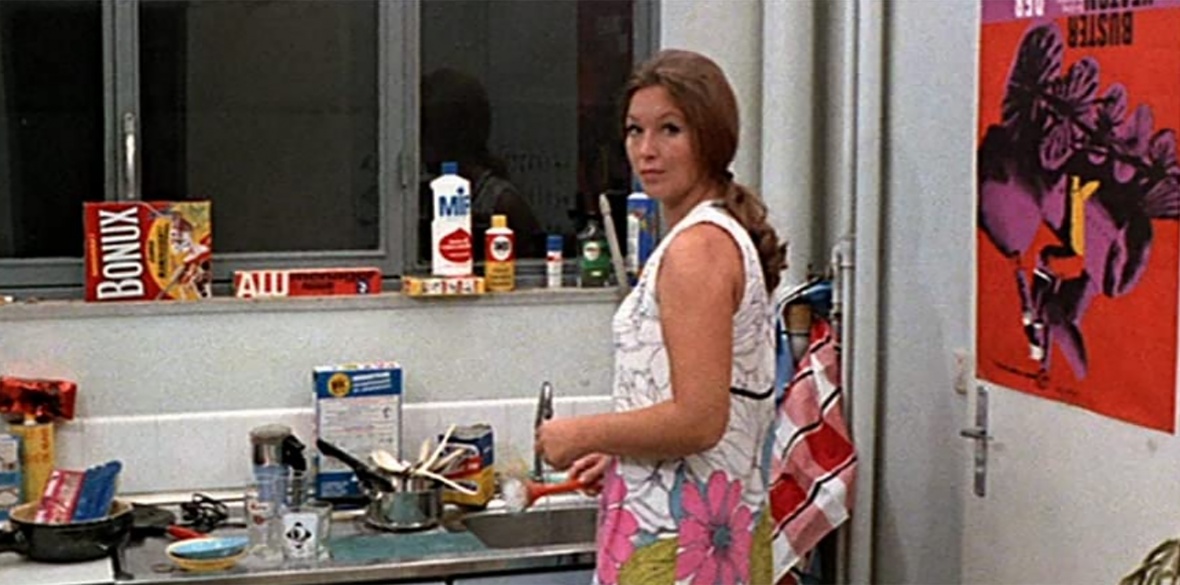This is the last article you can read this month
You can read more article this month
You can read more articles this month
Sorry your limit is up for this month
Reset on:
Please help support the Morning Star by subscribing here
5G will when it is fully operative increase download speeds such that general mobile phone internet activity will be 20 to 100 times faster, greatly enhancing watching Series TV on the go.
5G will also, its promoters claim, fulfil the promise of both artificial intelligence and the internet of things; of interconnected smart homes, smart cars and consumers served by smart farms and operated on by smart machines.
What could go wrong? Plenty, say 5G critics in France.
In the US and across Asia, in particularly in China and South Korea, the answer to what can go wrong is nothing.
In the US the “debate” over 5G is only on how fast and efficient the service is. The “criticism” is that the Verizon-Apple iPhone 12 and the AT&T-Galaxy 5G rollout, even in the large cities, is only partial, 4 times rather than 20 times faster.
China meanwhile leads the world in 5G patents and sees the technology as its way to climb out of the stigma of world’s low-end manufacturer, throwing off the “Made in China” labelling to be replaced by the Huawei branding of assembled technology, this time “Made in Vietnam.”
In South Korea, the “debate” is on how soon 6G will arrive. Europe is behind in the race to 5G, though one of its two telecom companies, Ericsson, has now announced it’s ready for a rollout.
But not so fast. Across the continent questions are being raised about the safety, about the consumerist changes, planned obsolescence and inequality the technology will effectuate, and about how 5G is part of the capitalist profit-driven productivist imperative that has so ravaged the planet.
In Germany and Britain, angry citizens have pulled down towers. In France, especially with the rise of a progressive Green Party called EELV, the entire ethos of 5G is being questioned.
The opening salvo against the technology was fired by the Green Party Mayor of Grenoble Eric Piolle who questioned its supposed benefits. “With 5G I can watch porn in HD in my elevator and know if I still have yoghurt in the refrigerator” is the way he described the new promised land that proponents claim the network will usher in.
In return, the Rothschild banker turned President Emmanuel Macron, a prime promoter of neoliberal technology as saviour of French society, labelled the Greens “Amish” who “wanted to return to the era of the oil lamp.”
His fellow right-wing compadres warned of a “Green Peril,” using the Cold War overlay of Red Peril, and branded those questioning this imperative as “Khmer Green,” likening them in the digital realm to Cambodia’s murderous Khmer Rouge.
There is little doubt that the primary reason 5G, the star of the Christmas consumer push, is being so thoroughly trumpeted is the profits it will reap, forecast to account for $668 billion globally in six years and predicted, with the gain in the sale of mobile phones, with an enhanced gaming experience and with more widespread virtual reality headsets, to account for 5 per cent of global GDP this year.
France has always been suspicious of consumer “miracles” which its leading thinkers have often seen as foisted on it by US capitalism in its drive for global hegemony.
Witness Godard’s Two of Three Things I Know About Her and Weekend and the films of Jacques Tati (Playtime, Mr Hulot’s Holiday) in their unfolding of a critique of a French society being remade from without.
Consumer enhancement of course with the tech companies goes hand in hand with consumer surveillance and 5G increases the drive to a global data centre where billions of data packages will be available to publicity and advertising agencies for use in instantaneously moulding and soliciting user taste depending on the content of individual cell phones and the store any consumer passes or, more creepily, any impulses they have.
By 2025 it is predicted that 75 billion objects will be interconnected all transmitting user data so that the refrigerator that is telling you to buy more yoghurt is also spying on you, the internet highway becomes a spyway.
On the continental, national and individual level to not have 5G means to drop out of the digital flow with capital arguing, as Theodore Adorno warned in the mid-20th century, that the worst of all conditions is to be left behind. What a bleak future indeed without porn on our elevators and without knowing if we need another yoghurt in our refrigerator?









